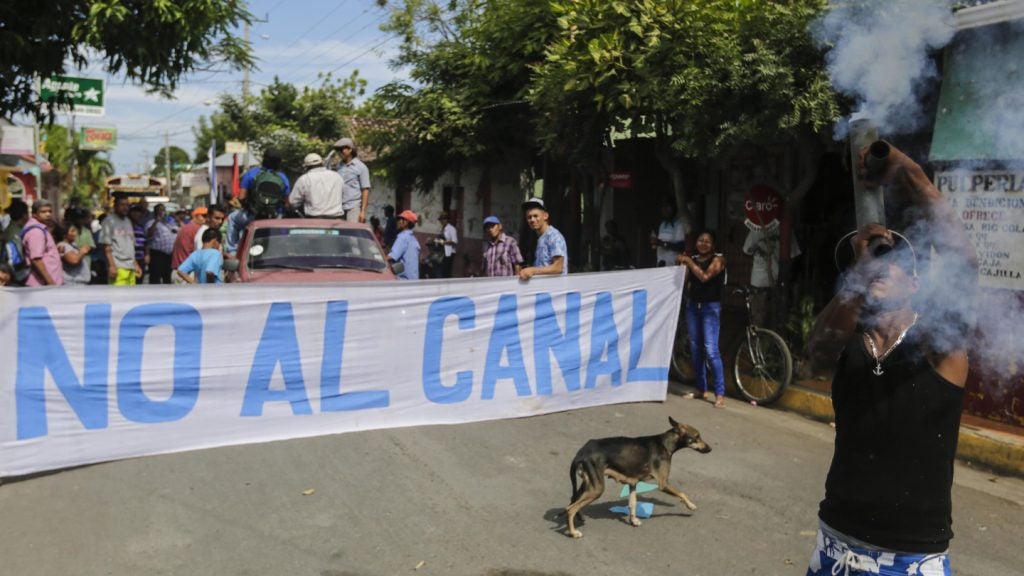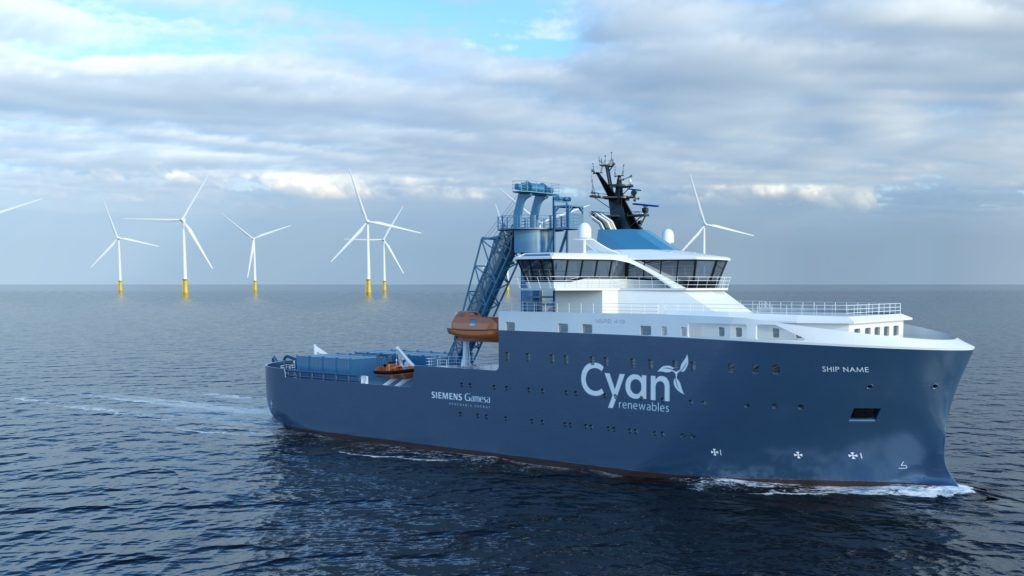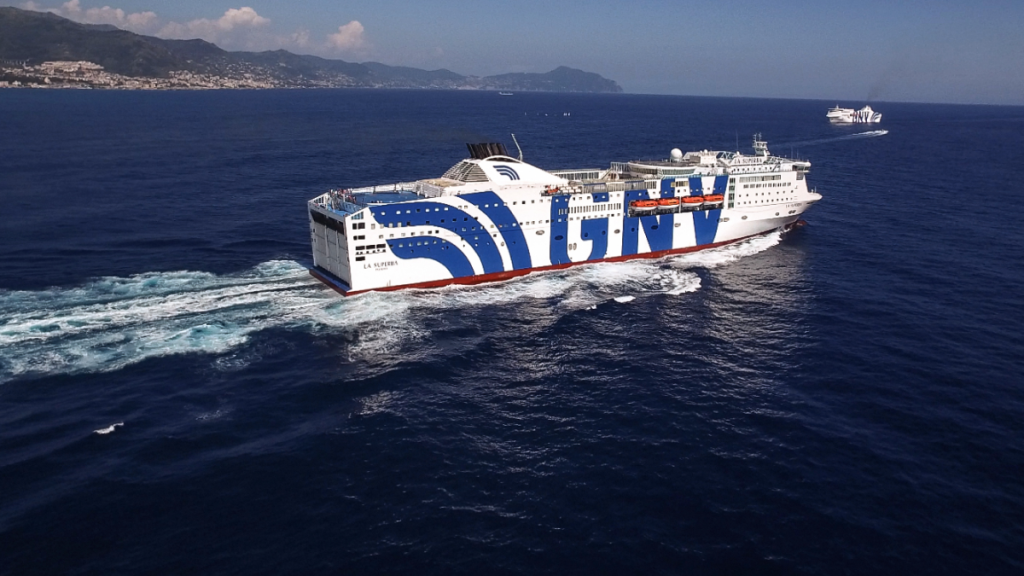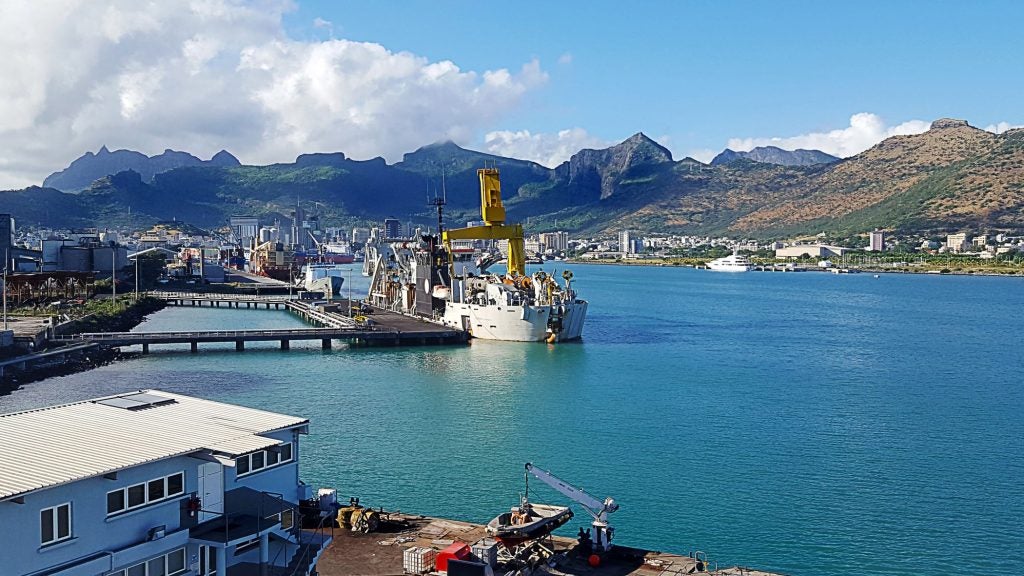The Government of Nicaragua has cancelled plans from a Chinese businessman to construct a $50bn canal through the country after years of inactivity and protests against the project, which would have rivalled the nearby Panama Canal.
The country’s National Assembly repealed the 50-year concession to build the canal granted to a company owned by telecoms businessman Wang Jing, bringing the project to an official end after a failure to progress despite a 2014 groundbreaking ceremony.
However, the government, acting on the wishes of President Daniel Ortega, also enacted changes to a law appointing government officials leading the canal authority, alluding to a possible new plan for the canal.
Planned to span 278km across the country, the canal was at one point scheduled for completion in 2019 but questions around the viability of its construction and its impact on the environment persisted since its inception, with no construction work ever completed.
Beginning at Puerto Punta Aguila on the Caribbean coast and ending at Puerto Brito on the Pacific, the original route for the canal would have passed through many protected areas and notable waterways, including Lake Nicaragua.
Environmental activists and landowners opposing the sale of their land erupted in protests and arrests. Three farmers' group leaders were sentenced to 216, 210, and 159 years in prison.
While the government claimed the project would have had vast economic benefits and create 50,000 jobs during construction, and another 200,000 after completion, some estimates predicted it could have also seen almost 120,000 people displaced.
A study by Amnesty International in 2017 found that local farmers had reported no participation in “genuine and effective” consultations on the project and called on Nicaragua to temporarily halt the project until a legal framework had been set up to ensure “respect for human rights and environmental integrity.”
The human rights group, along with others, has also condemned the actions of Ortega’s government in response to its “violent repression” of anti-government demonstrations which are largely believed to have begun with the protests against the canal.













